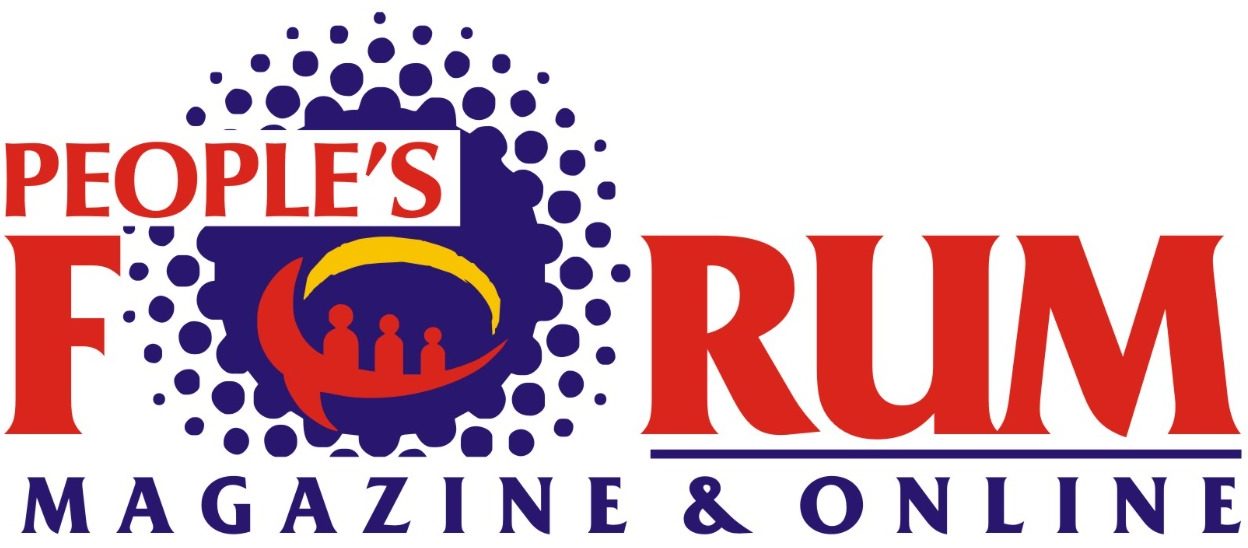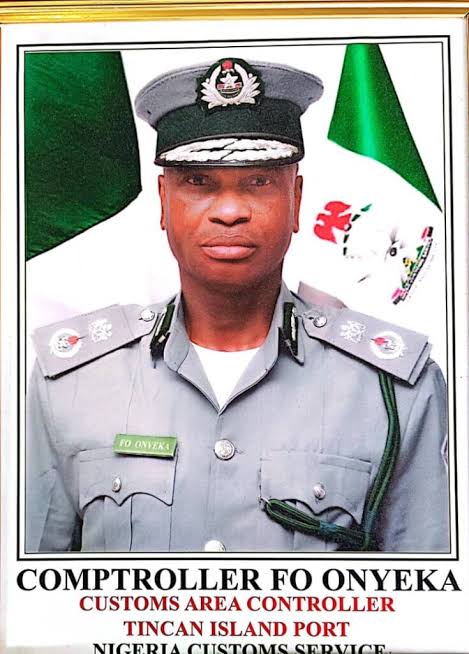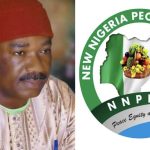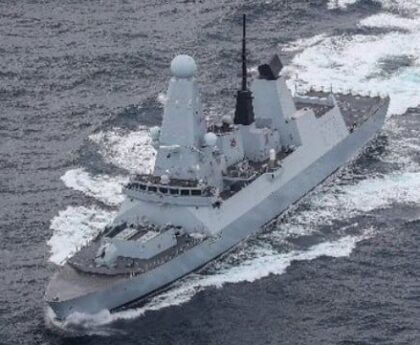When Comptroller Frank Onyeka assumed leadership at the Tin Can Island Port (TCIP) nine months ago, expectations were sky-high. His predecessor, DCG Dera Nnadi mni, had left behind a legacy of excellence in revenue generation, trade facilitation, and infrastructure reform. Many wondered: could Onyeka take it even further?
In late August, a quiet revolution unfolded at TCIP. On a single day, the Command generated a staggering ₦16.4 billion in revenue—the highest ever recorded in its history. But this wasn’t a one-off. Under Onyeka’s stewardship, the Command collected ₦747.08 billion in the first half of 2025, a 30% leap from the ₦575.36 billion recorded in the same period in 2024. By June, the Command had already met 98% of its half-year target.
Month after month, the numbers told a story of growth. January 2025 raked in ₦116.4 billion while February garnered ₦103 billion. By April the revenue collection soared to ₦145 billion. Each monthly collection spoke volume of how Comptroller Onyeka has transformed Tin Can Island Port Command into a benchmark of efficiency, transparency, and innovation.
Civil society groups and trade analysts praised the reforms for closing leakages and aligning with President Tinubu’s Renewed Hope Agenda.
Central to this transformation is the Unified Customs Management System (UCMS), nicknamed B’Odogwu. This digital platform has streamlined cargo clearance, integrating all Customs processes into one interface. For freight forwarders and agents, it means faster payments, fewer delays, and real-time tracking.
Under his watch, over 3,400 Single Goods Declarations (SGDs) have been filed through B’Odogwu in just six months. The Command backed the rollout with extensive training for stakeholders, ensuring a smooth transition.
Revenue isn’t Onyeka’s only focus. Security has been a top priority. In the first half of 2025, the Command intercepted illicit drugs worth over ₦8 billion, including cannabis indica and crystal meth. His meticulous and thorough administrative oversight led to the seizure of a 40-foot container hiding weapons—pistols, ammunition, magazines, and handcuffs—disguised as used cars.
These seizures, enabled by physical inspections and non-intrusive scanning, were handed over to NDLEA and DSS respectively.
Onyeka’s leadership style is rooted in dialogue. He’s fostered regular engagement with terminal operators, shipping companies, and freight forwarders. Interactive forums and media briefings have built transparency and trust, turning the port into a collaborative ecosystem.
Despite the accolades, Onyeka credits his success to Comptroller-General Bashir Adewale Adeniyi, recently elected Chairman of the World Customs Organisation Council. He also lauds the professionalism of his officers, reminding them that vigilance and innovation are key to sustained success.
As Nigeria seeks to diversify its economy and boost non-oil revenue, Tin Can Island Port stands as a model of what’s possible. With technology like B’Odogwu, robust enforcement, and inclusive leadership, the Command is redefining Customs operations nationwide.
“Revenue is important,” Onyeka says, “but our real mandate is broader: to facilitate trade, safeguard our borders, and create a port environment that supports Nigeria’s growth.”





